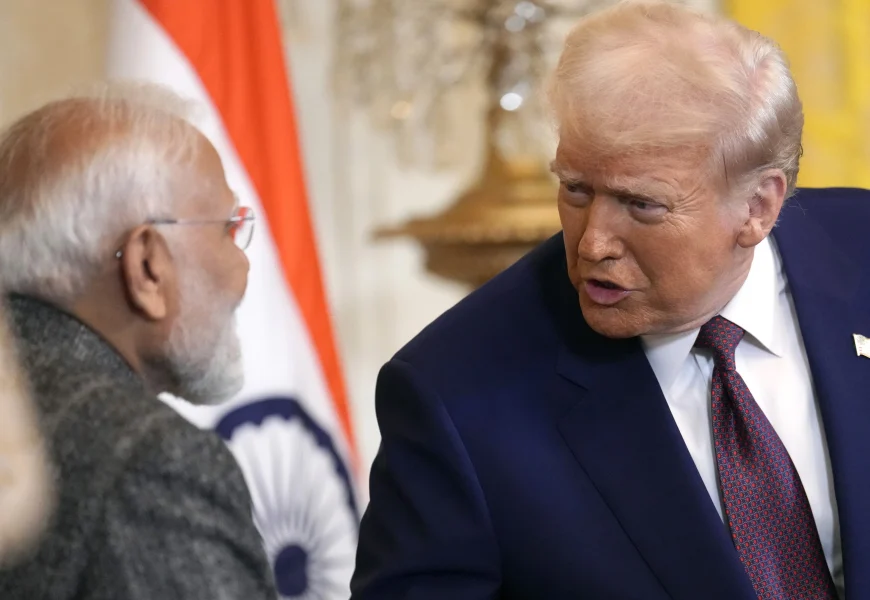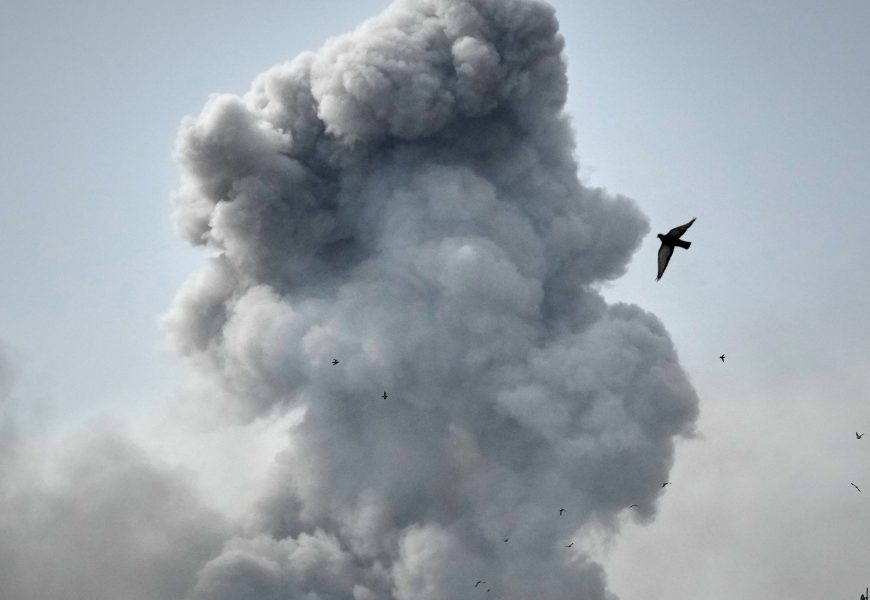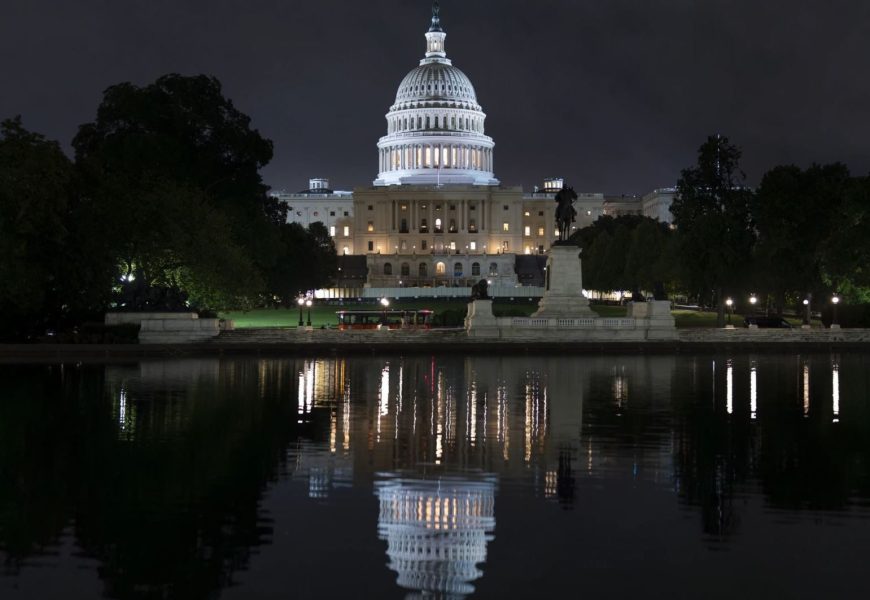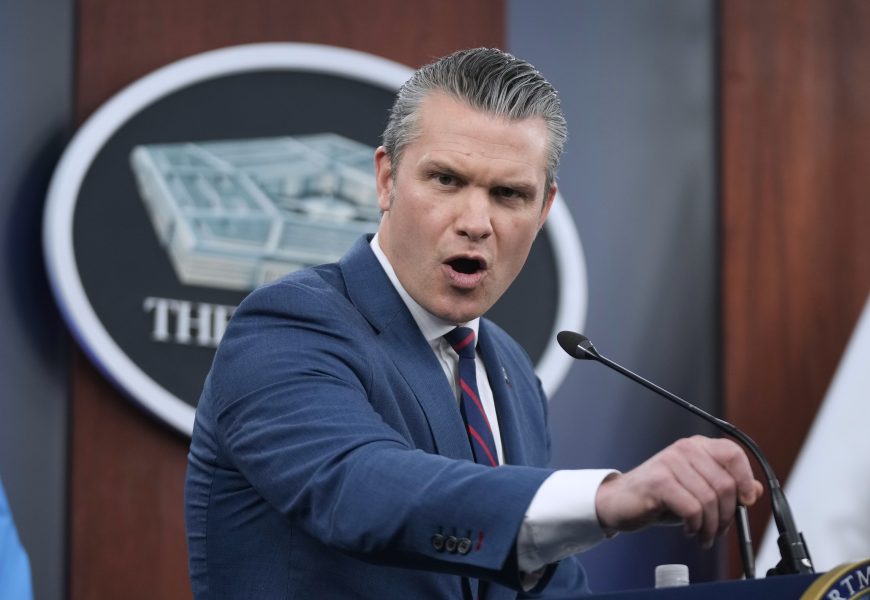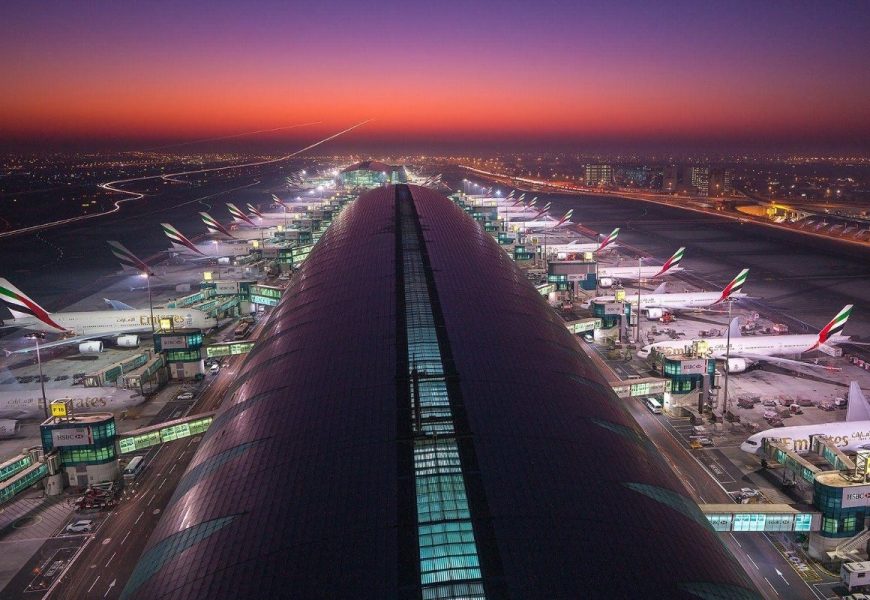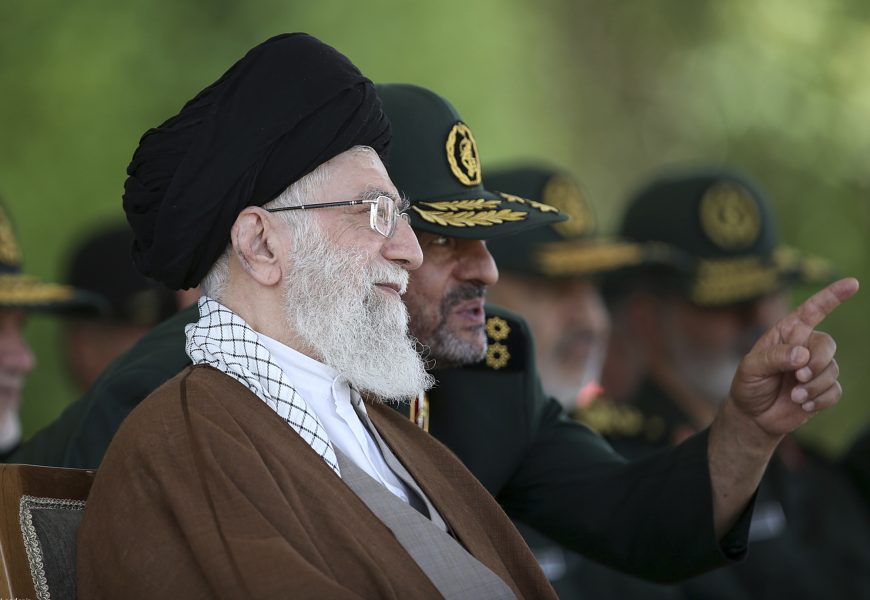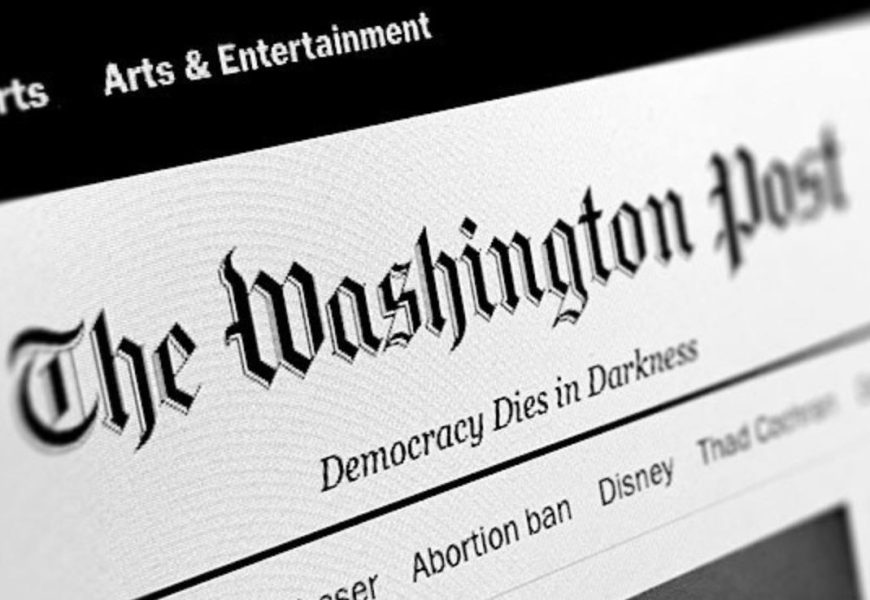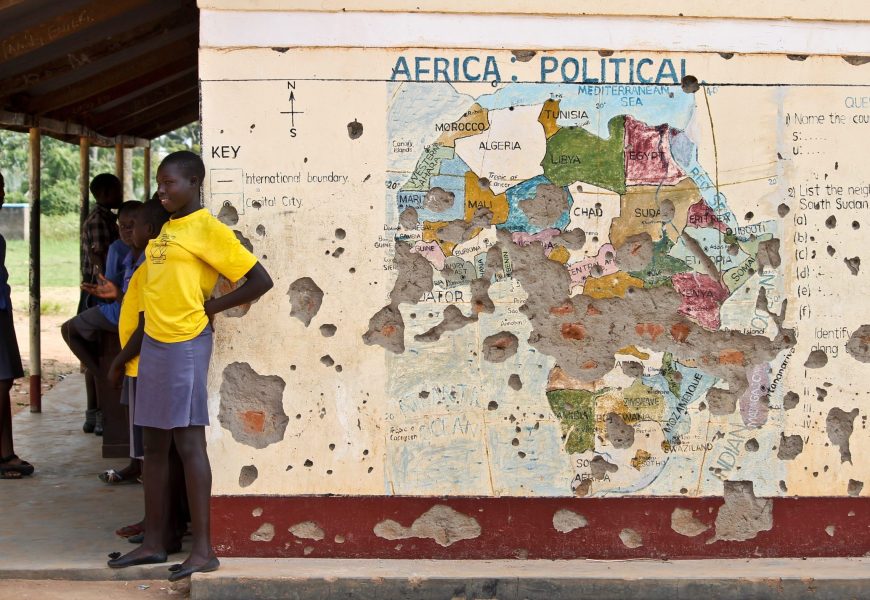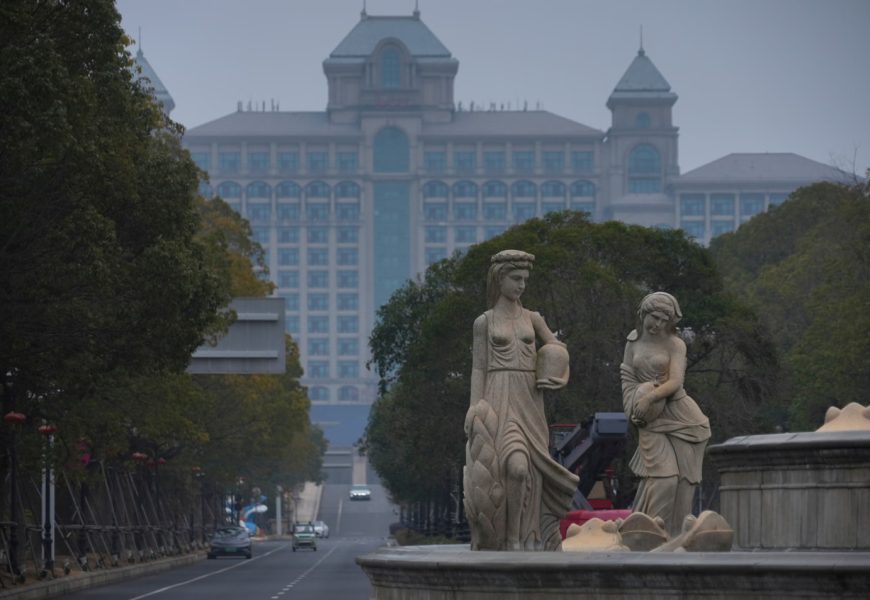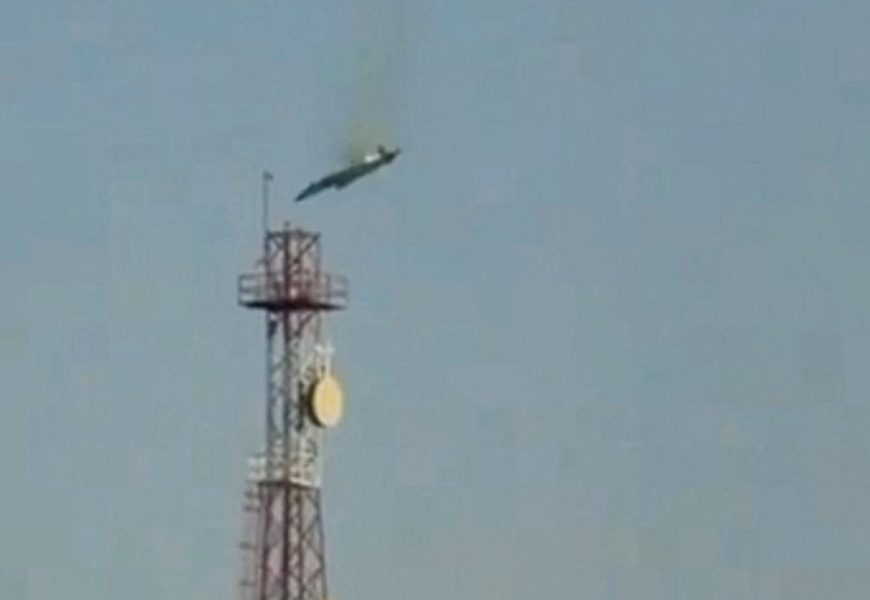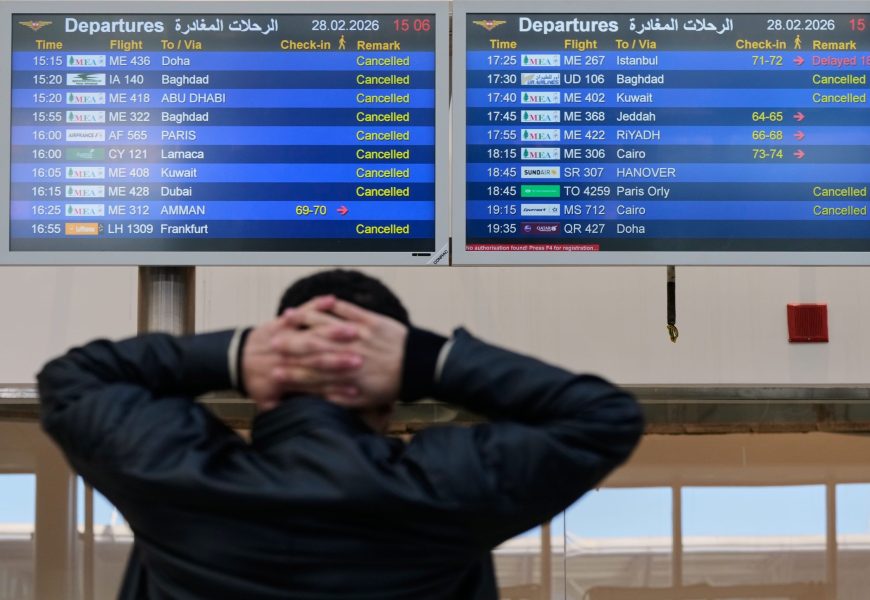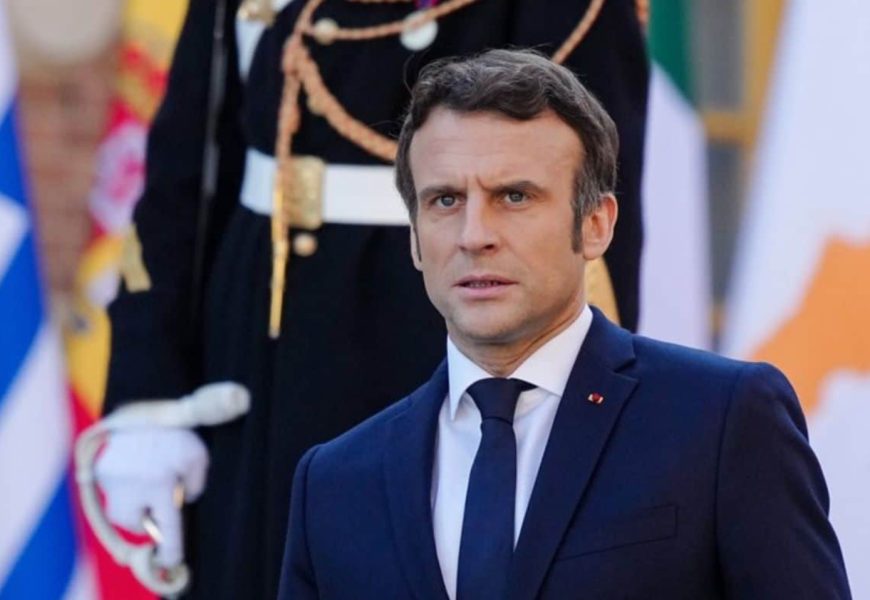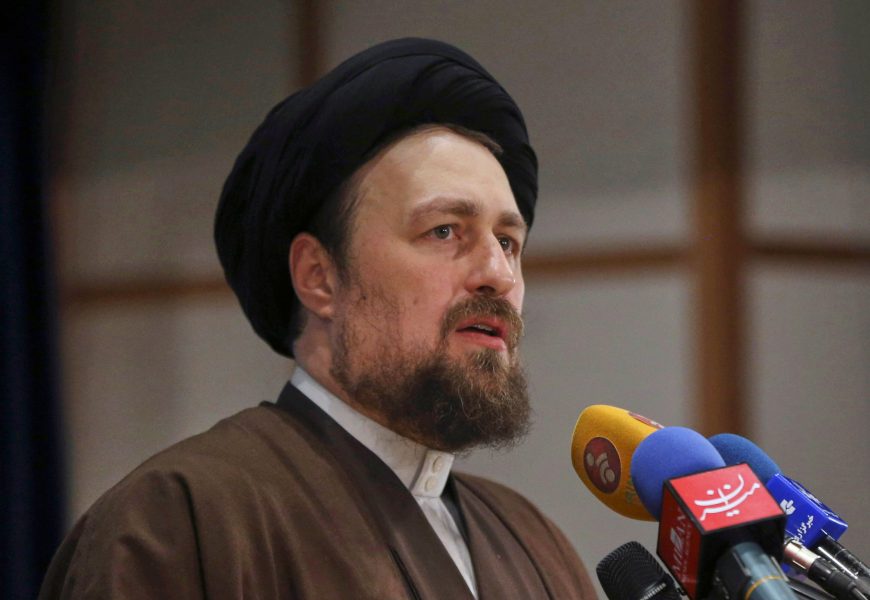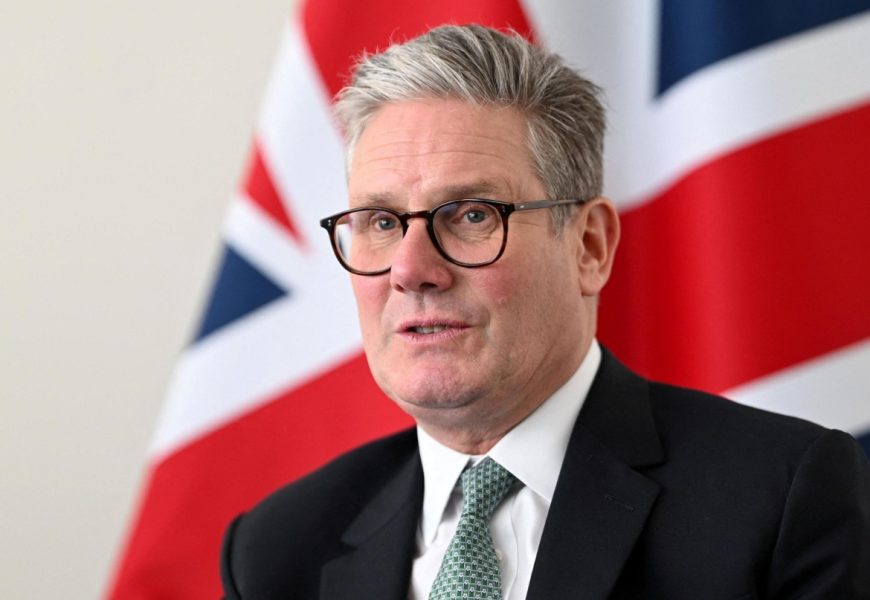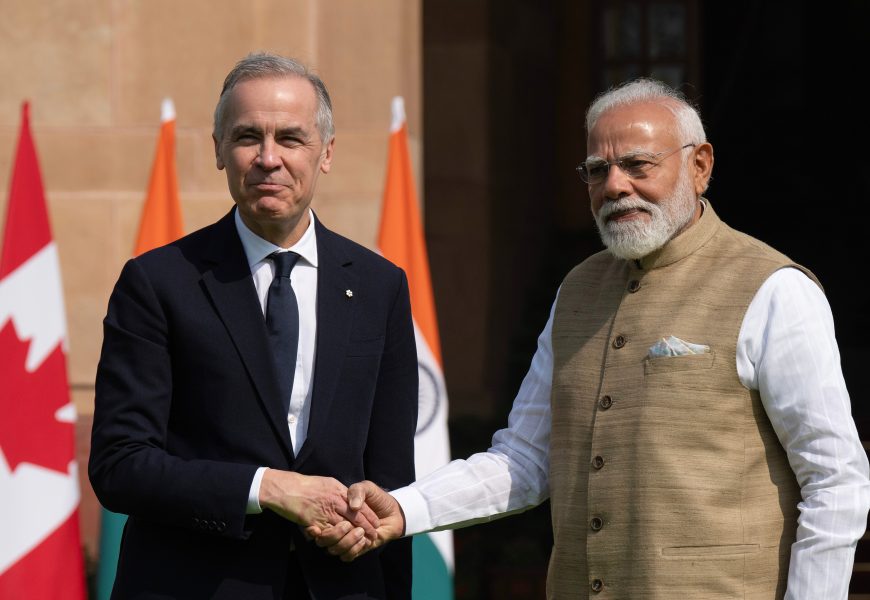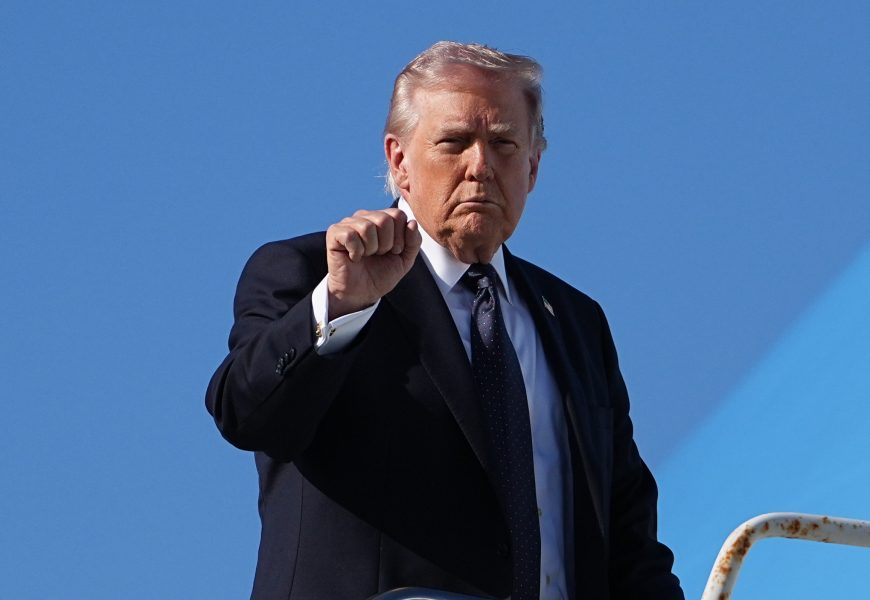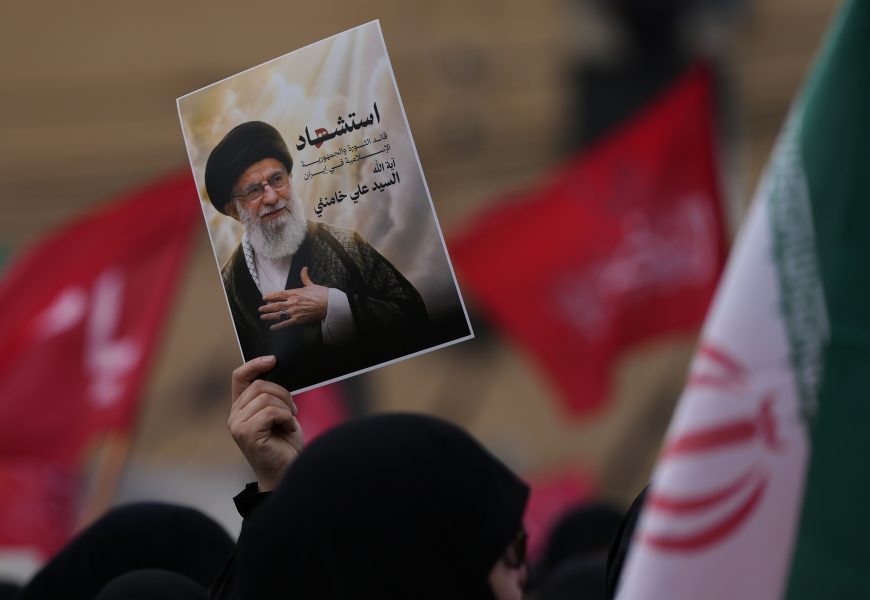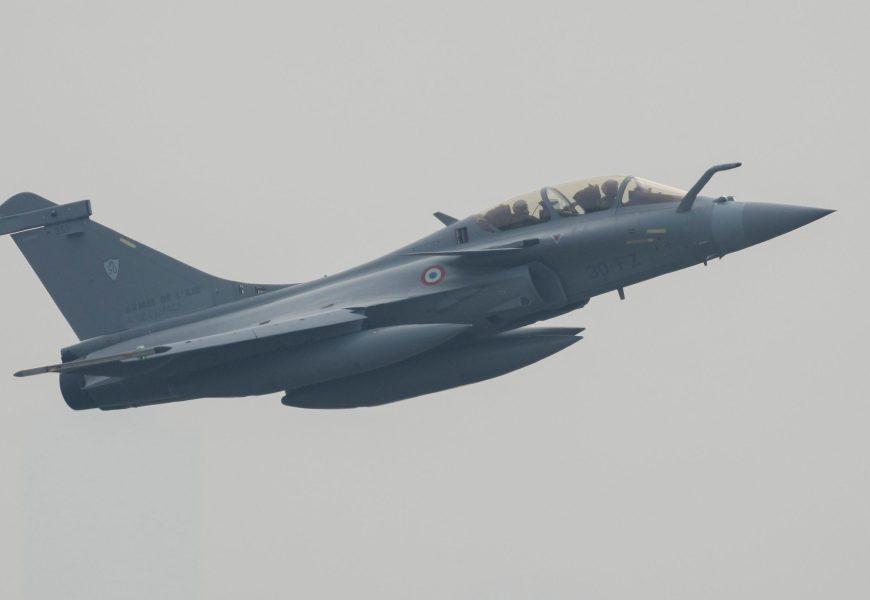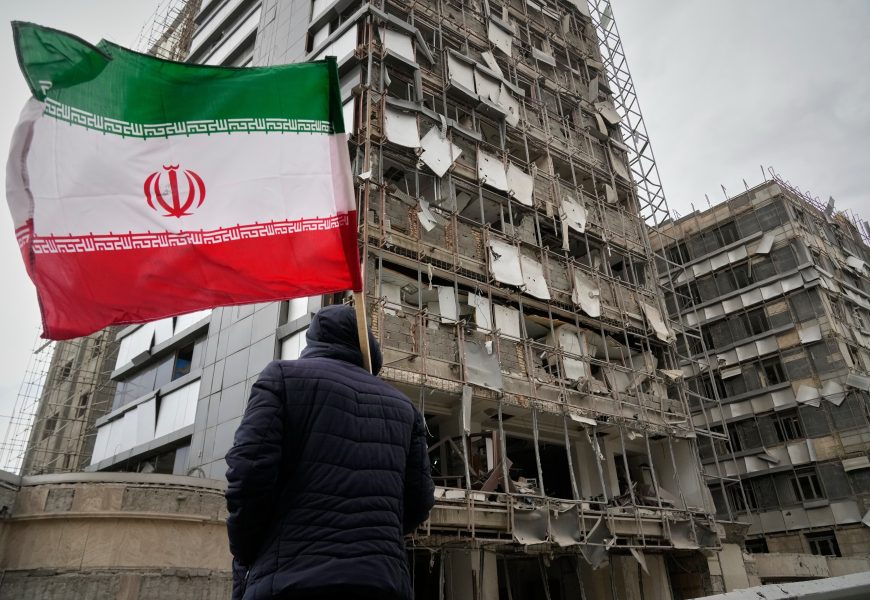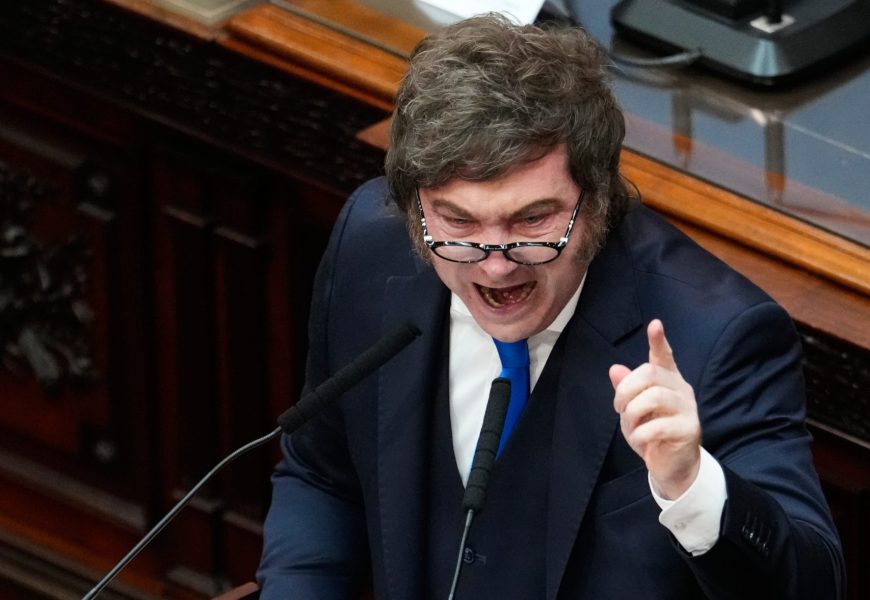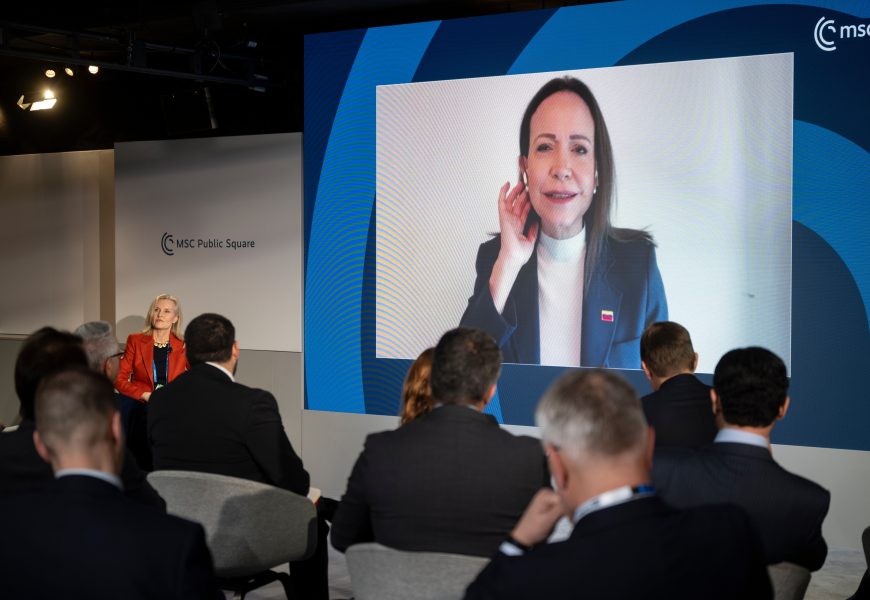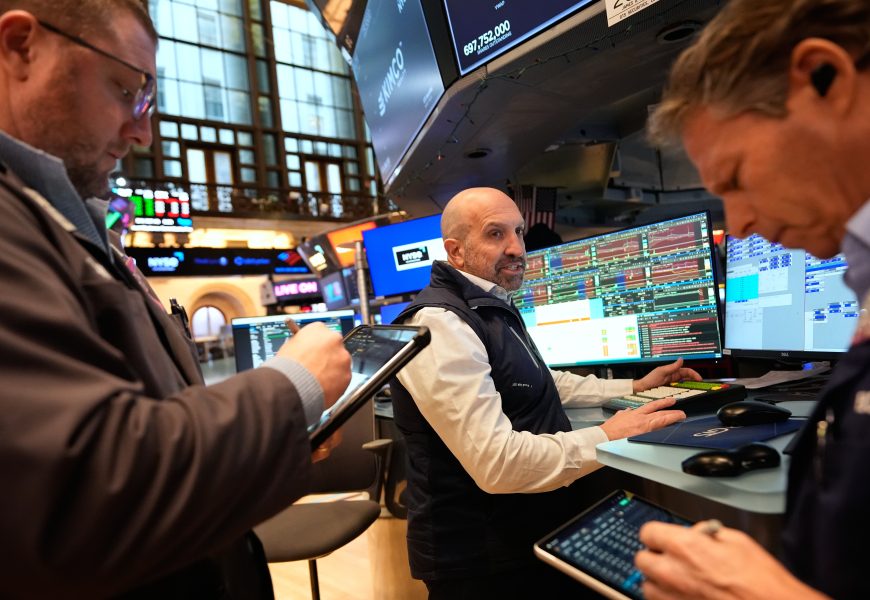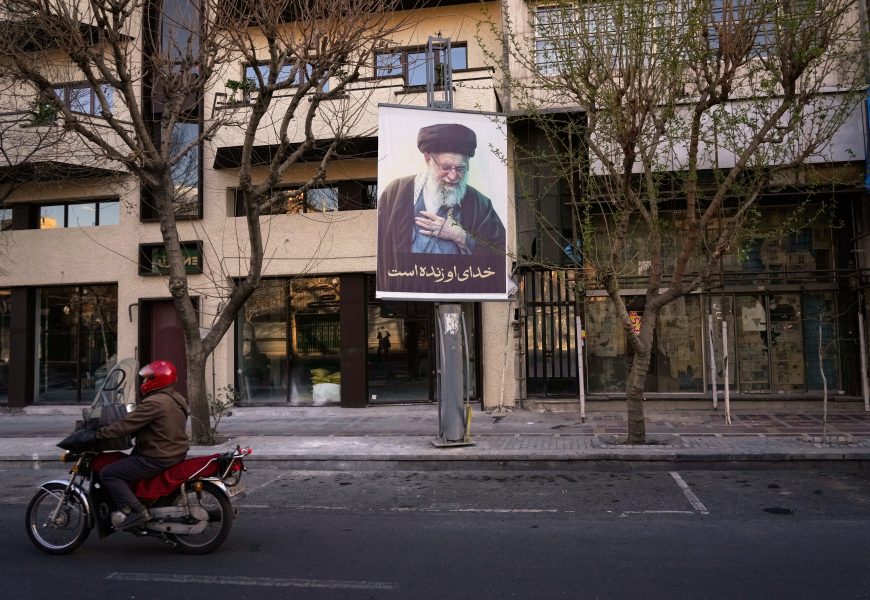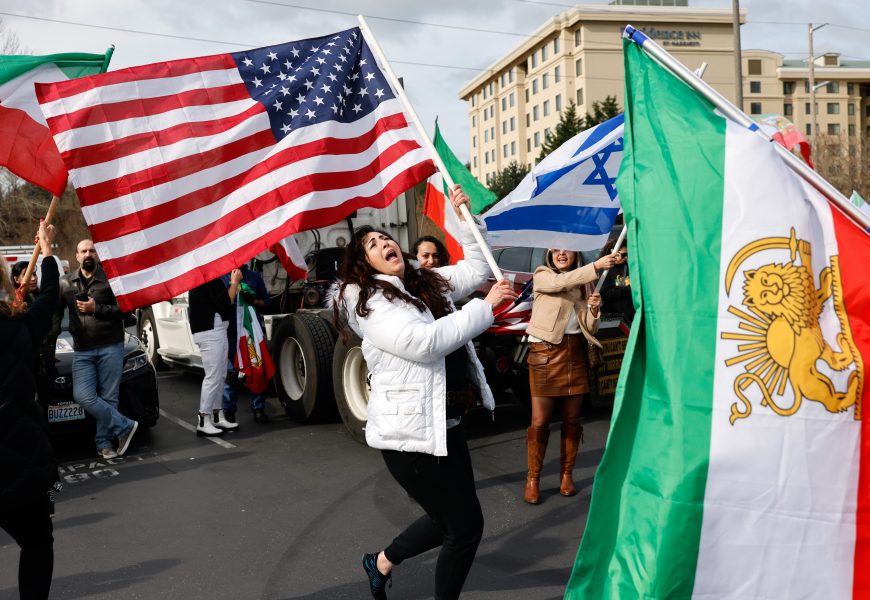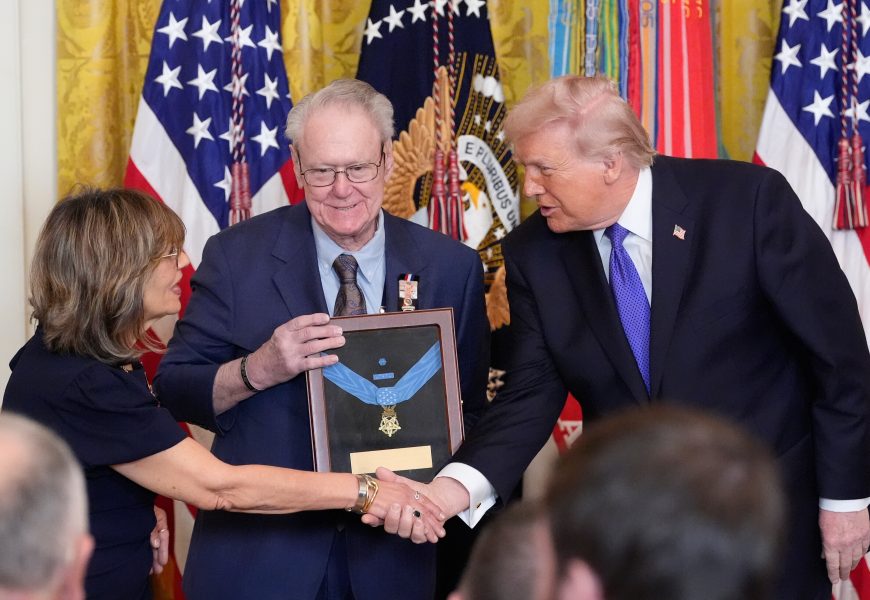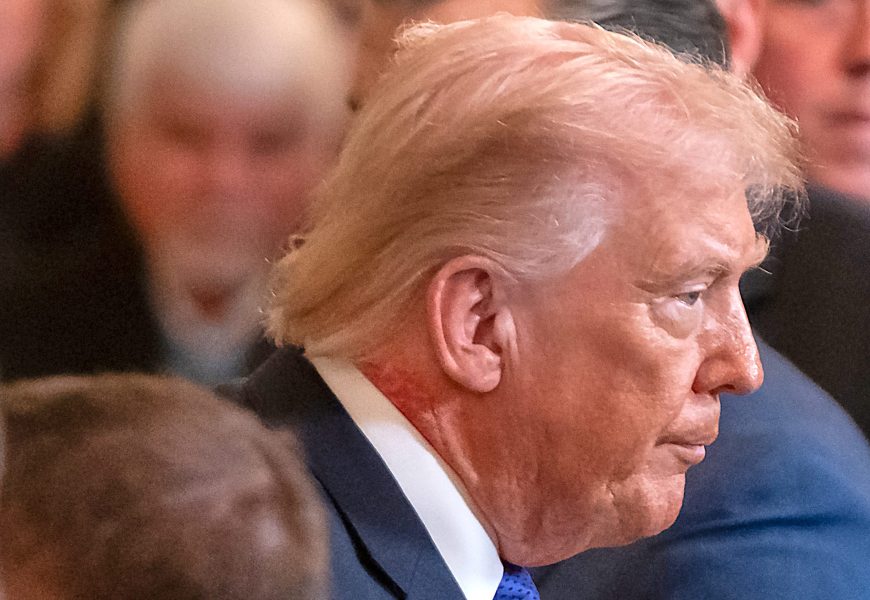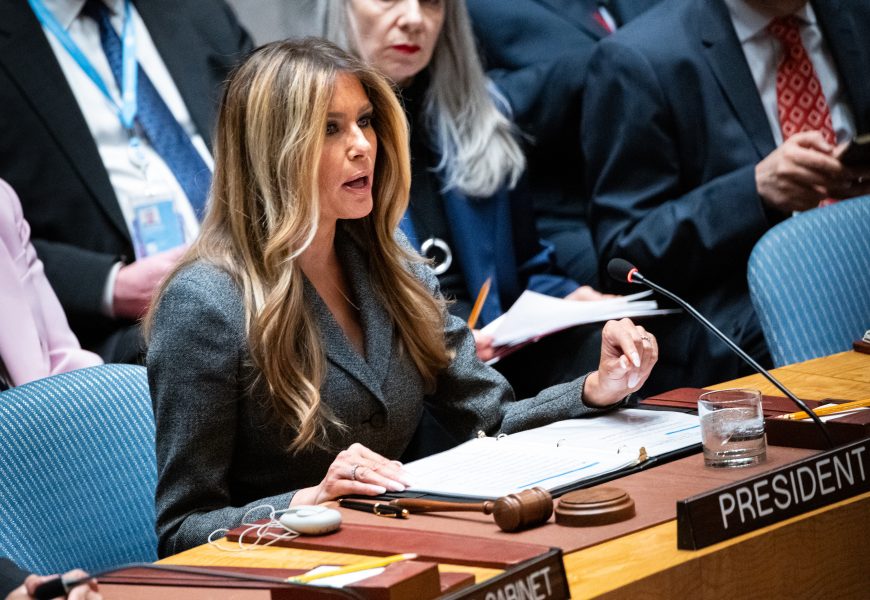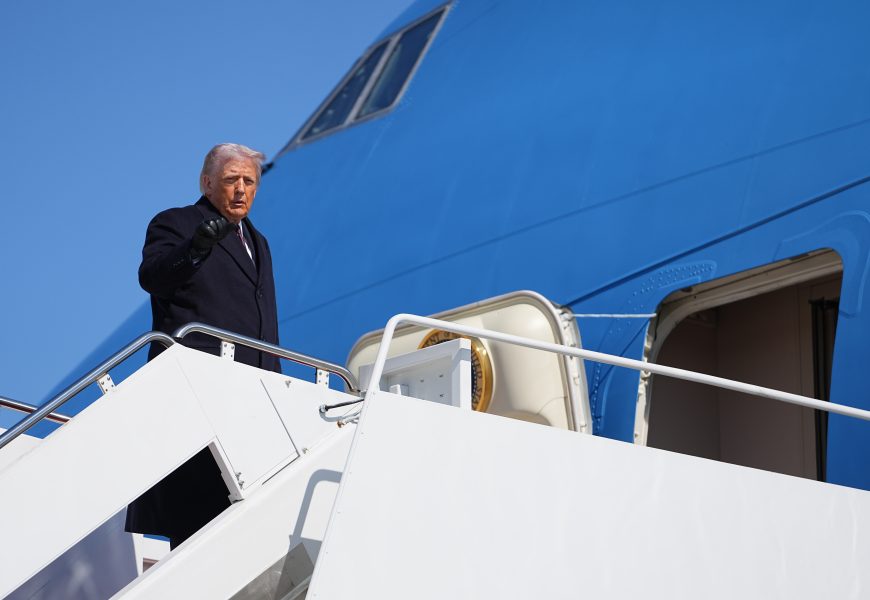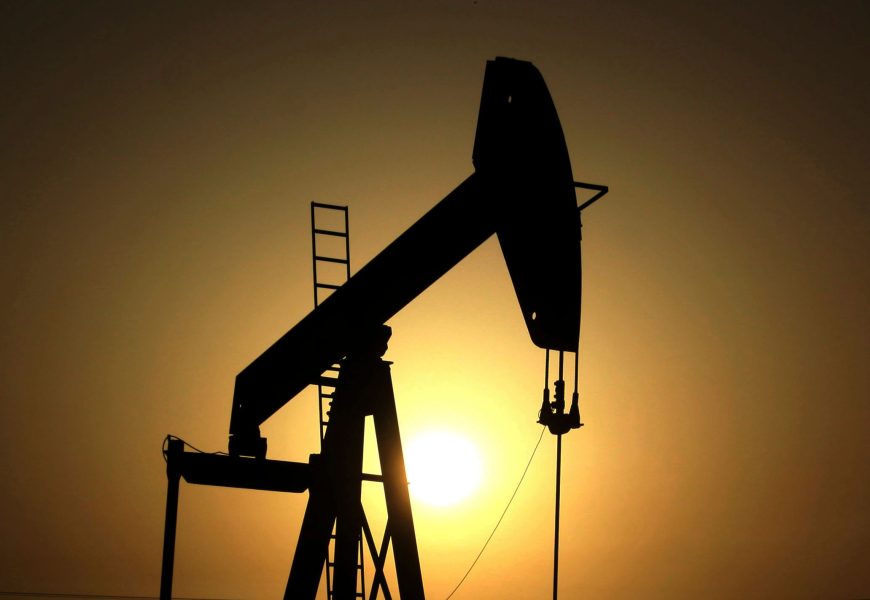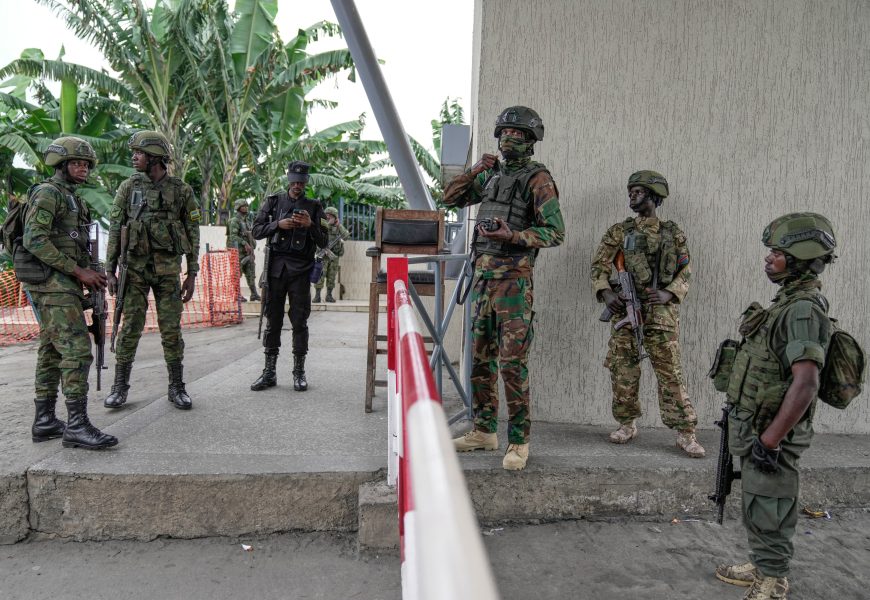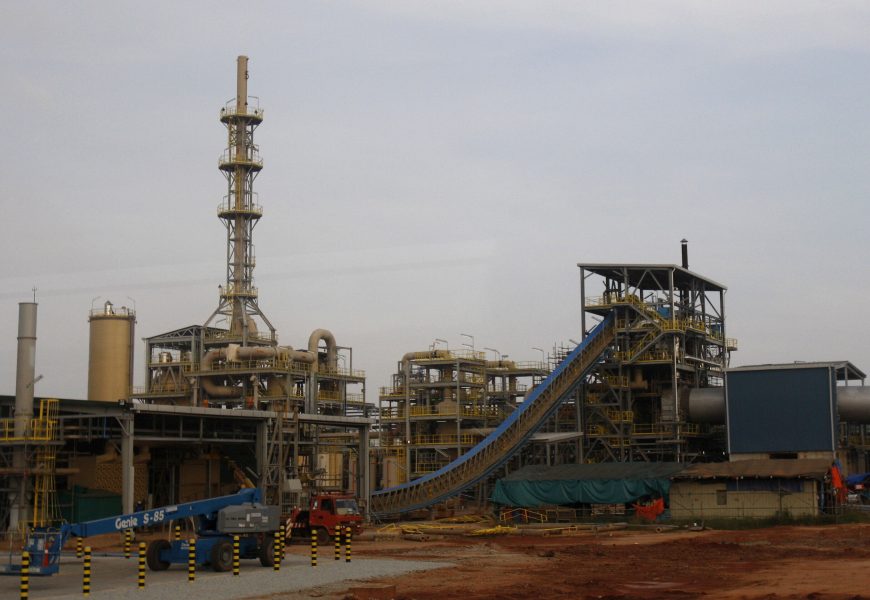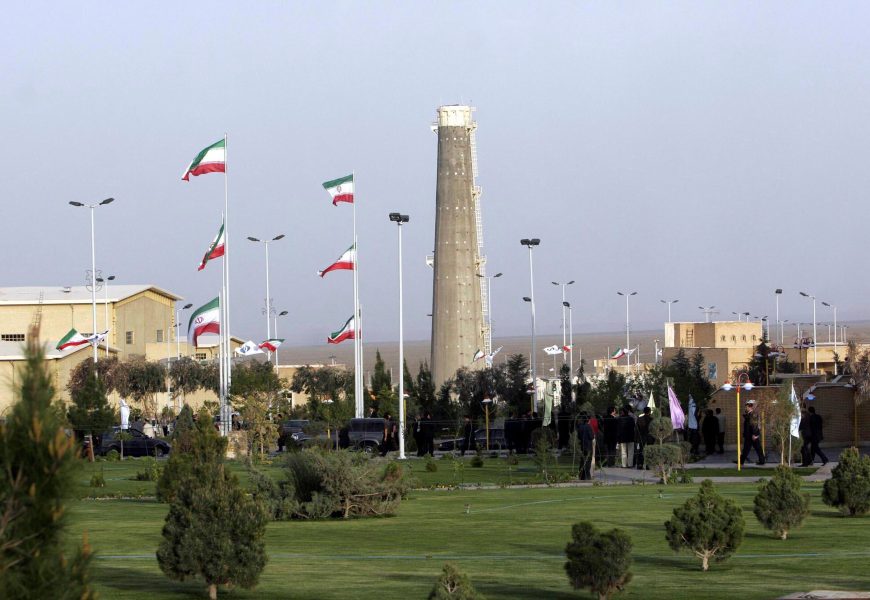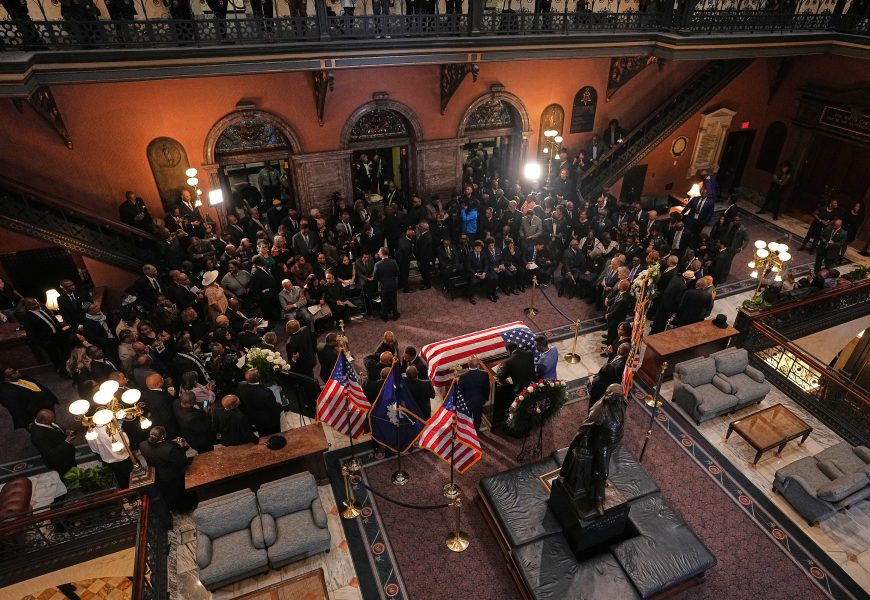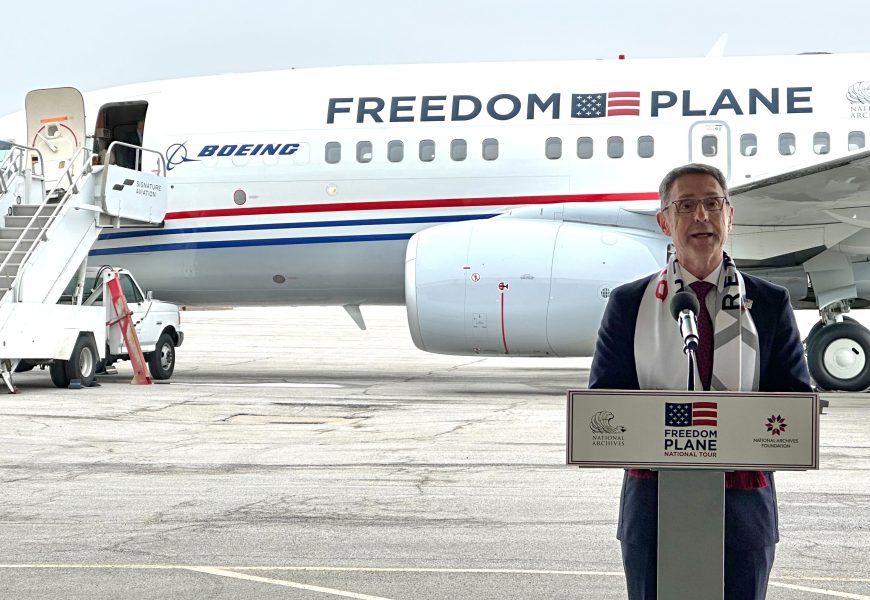WASHINGTON (AP) - The United States will impose a 25% tariff on goods from India, plus an additional import tax because of India's purchasing of Russian oil, President Donald Trump said Wednesday. India "is our friend," Trump said on his Truth Social platform, but its tariffs on U.S. products "are far too high."
Trump announces 25% tariff on India and unspecified penalties for buying Russian oil
WASHINGTON (AP) - The United States will impose a 25% tariff on goods from India, plus an additional import tax because of India's purchasing of Russian oil, President Donald Trump said Wednesday.
India "is our friend," Trump said on his Truth Social platform, but its tariffs on U.S. products "are far too high."
The Republican president added India buys military equipment and oil from Russia, enabling Moscow's war in Ukraine. As a result, he intends to charge an additional "penalty" starting on Friday as part of the launch of his administration's revised tariffs on multiple countries.
Trump told reporters on Wednesday the two countries were still in the middle of negotiations on trade despite the tariffs slated to begin in a few days.
Speaking to reporters aboard Air Force One Tuesday night, President Trump was asked to confirm if India will face a 25% tariff on goods exported to the United States.
"We're talking to India now," the president said. "We'll see what happens."
The Indian government said Wednesday it's studying the implications of Trump's tariffs announcement.
India and the U.S. have been engaged in negotiations on concluding a "fair, balanced and mutually beneficial" bilateral trade agreement over the last few months, and New Delhi remains committed to that objective, India's Trade Ministry said in a statement.
Trump on Wednesday signed separate orders to tax imports of copper at 50% and justify his 50% tariffs on Brazil due to their criminal prosecution of former President Jair Bolsonaro and treatment of U.S. social media companies. Trump also signed an order saying that government now had the systems in place to close the tariff loophole on "de minimis" shipments, which had enabled goods priced under $800 to enter America duty-free, largely from China.
Trump's view on tariffs
Trump's announcement comes after a slew of negotiated trade frameworks with the European Union, Japan, the Philippines and Indonesia - all of which he said would open markets for American goods while enabling the U.S. to raise tax rates on imports. The president views tariff revenues as a way to help offset the budget deficit increases tied to his recent income tax cuts and generate more domestic factory jobs.
While Trump has effectively wielded tariffs as a cudgel to reset the terms of trade, the economic impact is uncertain as most economists expect a slowdown in U.S. growth and greater inflationary pressures as some of the costs of the taxes are passed along to domestic businesses and consumers.
There's also the possibility of more tariffs coming on trade partners with Russia as well as on pharmaceutical drugs and computer chips.
Kevin Hassett, director of the White House National Economic Council, said Trump and U.S. Trade Representative Jamieson Greer would announce the Russia-related tariff rates on India at a later date.
Tariffs face European pushback
Trump's approach of putting a 15% tariff on America's long-standing allies in the EU is also generating pushback, possibly causing European partners as well as Canada to seek alternatives to U.S. leadership on the world stage.
French President Emmanuel Macron said Wednesday in the aftermath of the trade framework that Europe "does not see itself sufficiently" as a global power, saying in a cabinet meeting that negotiations with the U.S. will continue as the agreement gets formalized.
"To be free, you have to be feared," Macron said. "We have not been feared enough. There is a greater urgency than ever to accelerate the European agenda for sovereignty and competitiveness."

